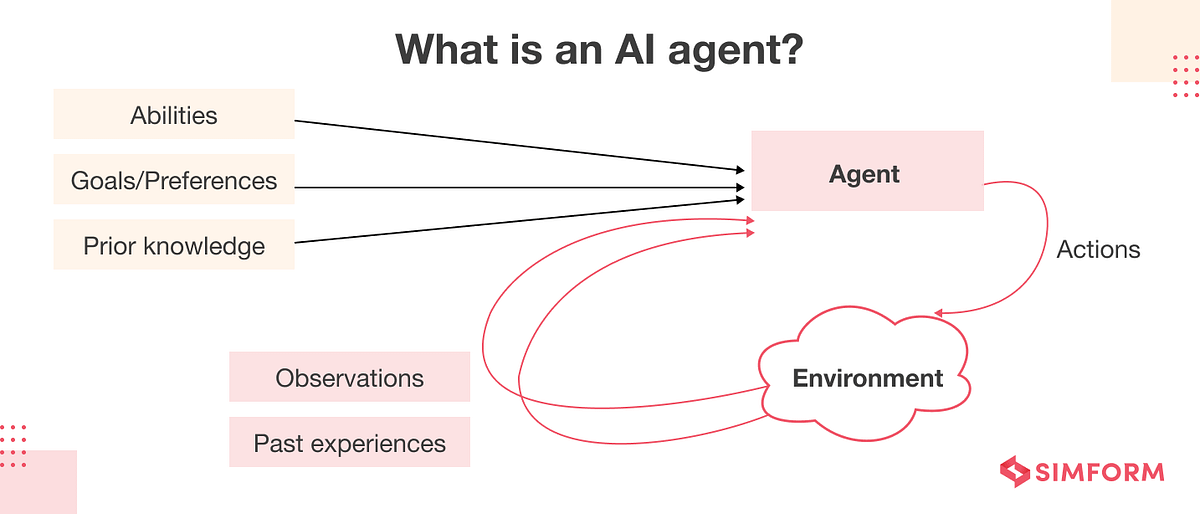The future of AI agents with Yohei Nakajima

🌈 Abstract
The article discusses the current state and future potential of AI agents, including the challenges and opportunities in their development and deployment.
🙋 Q&A
[01] The Future of AI Agents
1. What are the key challenges in the development and deployment of AI agents?
- The article highlights several key challenges:
- Current AI language models (LLMs) lack sufficient reasoning and planning capabilities to solve complex problems without human input
- Lack of robust tooling and infrastructure to support the development and deployment of autonomous agents at scale
- Integration challenges, as agent platforms often do not connect to all the necessary tools and services
2. What are some potential solutions or innovations that could improve the adoption of AI agents?
- The article suggests several potential solutions:
- Exploring the use of Zapier as a platform to connect agents to a wide range of tools and services
- Developing more specialized AI models optimized for planning and tool use, rather than relying solely on general-purpose LLMs
- Exploring the use of browser automation to allow agents to learn and automate manual workflows
3. What are the author's thoughts on the future of AI agents and their potential impact?
- The author is hopeful about the future of AI agents, but acknowledges that we are still a long way from the vision of agents that can autonomously automate tasks and workflows in the background
- The author believes that advancements in AI reasoning and planning capabilities, as well as improvements in tooling and infrastructure, will be key to driving wider adoption of AI agents
[02] The Current State of AI Agents
1. What is the current state of AI agent deployments and adoption?
- The article notes that despite a lot of interest and investment in the field, there is a "shockingly low number of successful agent deployments" in production
- The author himself has not been able to successfully deploy any AI agents to help with his own tasks, which he finds "pretty disappointing"
2. What are the author's thoughts on the potential of Zapier as a platform for AI agent deployments?
- The author is excited about the prospect of using Zapier as a launching point for large-scale AI agent deployments, as Zapier already provides the integration with a wide range of tools and services
- This could help address one of the key challenges with current agent platforms, which is the lack of connectivity to the tools and services that users need
3. What are the limitations of current AI agent frameworks and platforms?
- The article highlights that the OpenAI Assistants API, which is one of the closest things to a widely used LLM agent framework, lacks many of the "true agentic features" needed to build autonomous agents in production
- Other emerging agent-focused platforms, such as AgentOps and E2B, have not yet gained widespread adoption
Shared by Daniel Chen ·
© 2024 NewMotor Inc.